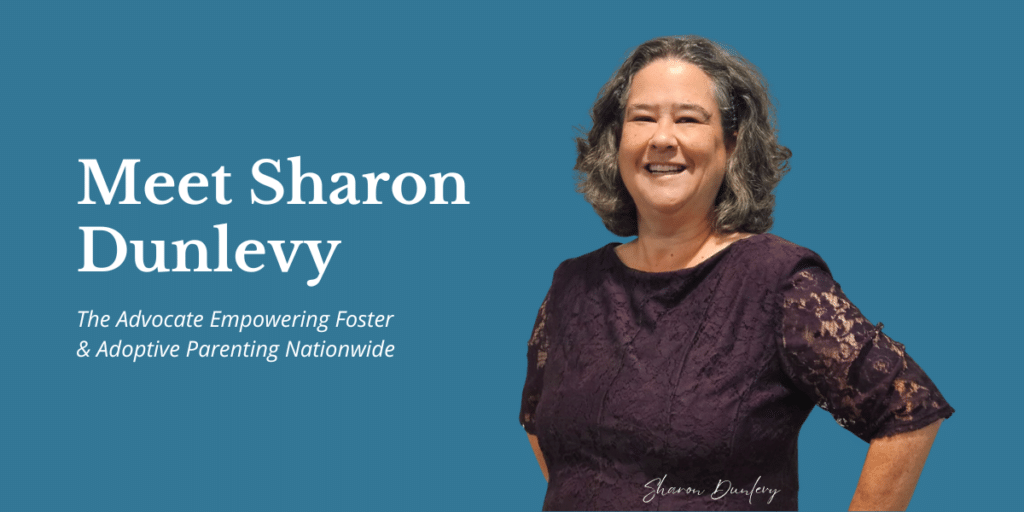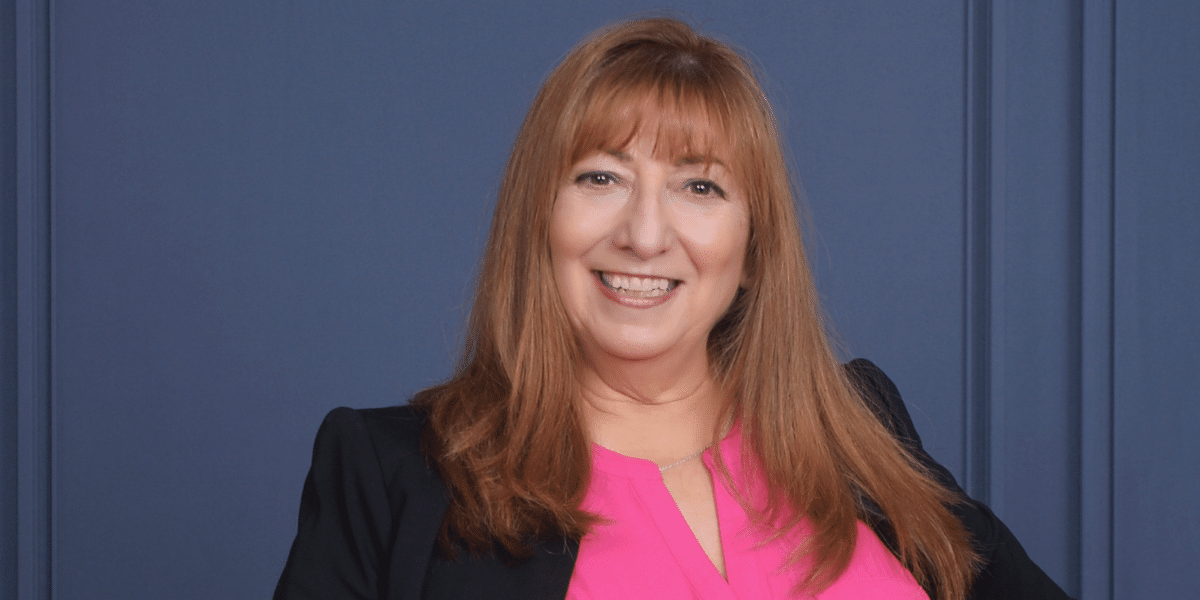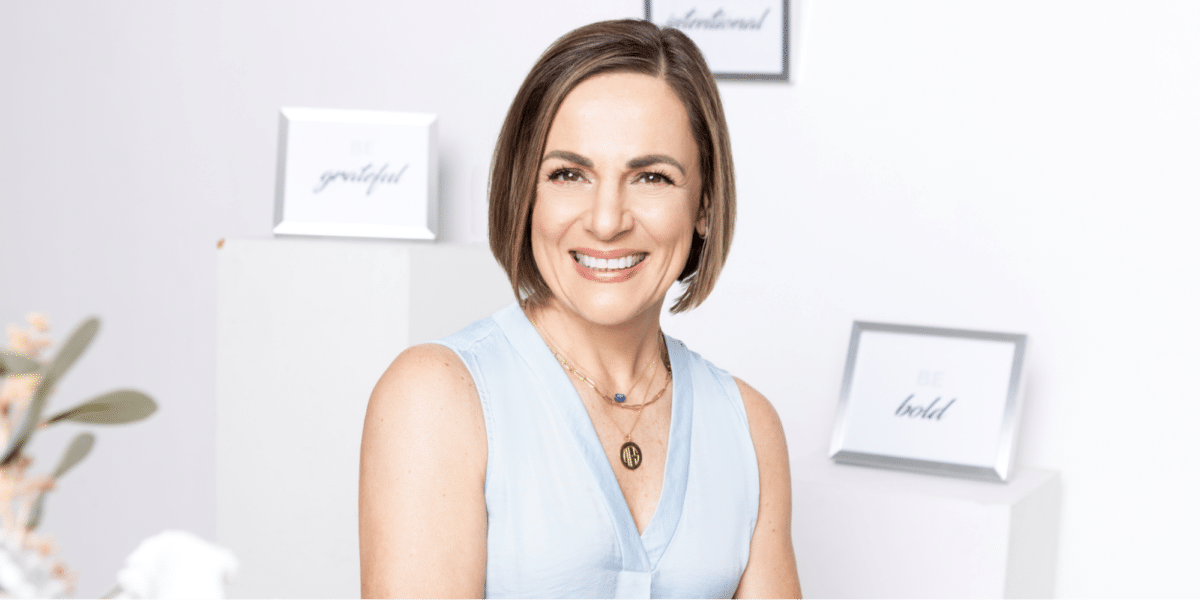Beyond Survival: Addressing Trauma’s Impact on Learning in Foster Children
How often do we consider the invisible barriers that trauma erects in a child’s path to learning? For children in foster care, trauma isn’t just a word; it’s a lived experience that profoundly impacts their ability to acquire essential independent living skills.
Sharon Dunlevy, a seasoned advocate in foster care and child welfare, brings this critical issue into focus. Her insights offer not just understanding but also practical ways for each of us to provide the intentional support these children desperately need.
The Hidden Hurdle: Trauma’s Deep Impact on Learning
Trauma, as Sharon explains, is not just an emotional or psychological hurdle. It’s a pervasive force that can stifle a child’s ability to learn basic life skills. The fight-or-flight response, often a result of traumatic experiences, can dominate these children’s lives, leaving little room for the development of skills like self-care, financial management, and emotional regulation.
Understanding Trauma’s Manifestations in Foster Children
It’s imperative to understand and recognize the signs of trauma in a child- especially if you are a foster parent or an educational provider working with a foster child.
Here are some of the manifestations of trauma you may witness in the foster children you are supporting:
Emotional Regulation Difficulties: Traumatized children may struggle with managing emotions, making it challenging to handle the ups and downs of daily life.
Consider a child who has faced repeated upheavals in their living situations. This child might react disproportionately to minor frustrations, like a change in dinner plans, displaying sudden outbursts of anger or intense anxiety. Such emotional responses are not just behavioral issues; they are manifestations of a deeper struggle with trauma, making it challenging for the child to learn coping mechanisms essential for independent living.
Learning and Concentration Challenges: Trauma can impact cognitive functions, hindering a child’s ability to focus and absorb new information.
Trauma can manifest in the classroom as difficulty in maintaining focus. For example, a child who has experienced neglect might find it hard to concentrate on a math lesson because they’re preoccupied with worries about their safety or wellbeing. This chronic distraction can significantly impede their academic progress and hinder the development of critical thinking skills needed for adulthood.
Trust and Relationship Issues: Building healthy relationships is crucial for independent living, but trauma can lead to trust issues, complicating this process.
A child who has been let down by adults repeatedly may develop a deep-seated mistrust. This could be seen in their reluctance to engage in group activities or their hesitation to form close bonds with caregivers and teachers. Such trust issues can make it difficult for them to form the supportive relationships necessary for learning and personal development.
Delayed Social Skills: Often, children with trauma histories may exhibit social skills that are behind their peers, affecting their ability to navigate adult life successfully.
Imagine a child who has moved through multiple foster homes and schools. They may struggle to engage in age-appropriate social interactions, perhaps appearing withdrawn or overly aggressive. These social skill deficits, stemming from a lack of stable, long-term relationships, can make navigating adult social and professional environments particularly challenging.
The Role of Intentional Support: A Pathway to Healing and Learning
Sharon emphasizes that overcoming these barriers requires more than just traditional education; it necessitates intentional, trauma-informed support. This support can be multifaceted, including:
Specialized Educational Approaches: Tailoring learning methods to accommodate the unique needs of traumatized children.
These might involve individualized learning plans that accommodate a child’s unique needs, helping them catch up academically while considering their emotional and cognitive challenges.
Therapeutic Interventions: Professional support to help children process and heal from their trauma.
Professional therapy can provide a safe space for children to process their experiences, helping them develop emotional regulation skills and build trust.
Stable, Nurturing Environments: Consistency and security are crucial in helping these children feel safe enough to learn and grow.
Consistency in caregivers and educators can create a sense of security, allowing children to engage more openly in learning and social interactions.
Community Involvement: Engaging with local organizations and volunteer programs can provide additional layers of support and mentorship.
Programs like mentorship or after-school clubs can offer additional positive adult interactions, helping children practice and improve their social skills in a safe environment.
Hope and Guidance To Turn This Around
Sharon’s work in this field goes beyond advocacy; she’s a practical problem-solver. With her extensive academic background and hands-on experience, she bridges the gap between theory and practice. She offers not just awareness but also actionable strategies and resources for those looking to make a difference in the lives of foster children affected by trauma.
Your Role in Supporting Traumatized Foster Children
Are you ready to be part of the solution? Connect with Sharon for guidance, training, and resources. Visit her website and delve deeper into this topic on her blog. To directly contribute or seek advice, connect with Sharon on LinkedIn.
Together, we can create a world where every foster child, regardless of their past trauma, has the opportunity to learn, grow, and thrive as independent, successful adults.

Photo Courtesy: Nicolette Moore
Published By: Aize Perez


